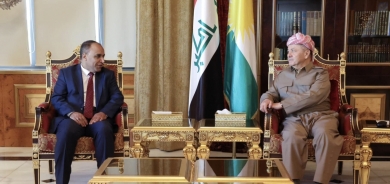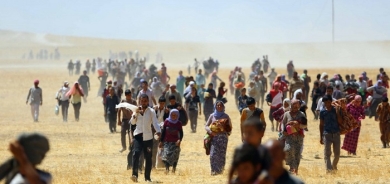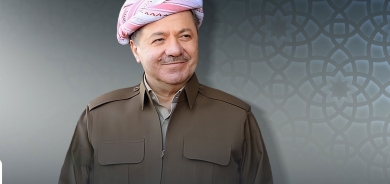Baghdad-Erbil Relations: The Record is Still Broken

The never ending impasse appears to be an ironic outcome of democratic politics. Precisely because elections in Iraq, as well as constitutional checks and balances, were reasonably well run, organized and designed, the resolution of these difficult issues continues to elude the country. Divisions between Arab and Kurd, Shiite and Sunni, different tribes, secular outlooks and religious ones, and pro-Iranian loyalties and pro-American ones, make it very difficult to build and maintain cross-cutting majorities intent on shaping the new Iraqi state. Further hampering such durable coalition building is a history of mistrust and little pre-2003 experience cooperating within an institutional state framework.
It should thus come as no great surprise that Prime Minister Nuri al-Maliki has yet to fulfill key promises he made to the Kurds in return for backing his formation of a government in the Fall of 2010. Given that central disputes between Baghdad and Arbil remain unresolved, a looming withdrawal of U.S. forces has increased fears of what may occur in the absence of robust American mediation on these issues. Mr. Maliki promised the Kurds a few specific and important things, in addition to the formation of councils on federalism and national security, as well as vague commitments like “respecting federalism” and operating by “the principle of consensus (tawafuq)”: He promised to amend the election law to fairly represent all Iraqis, to hold a general census, to implement Article 140 within 2 years time, a new oil and gas law within 1 years time (meaning by this Fall), and the funding of the peshmerga as part of Iraq’s defence system.
Kurdish frustration at the lack of movement on these key issues, or in the case of the latest proposed oil and gas law a significant backwards movement against Kurdish interests, has been building in Hawler. Other parties, from Iyad Allawi’s Iraqiya list to the Islamic Supreme Council of Iraq and Moqtada al Sadr’s block, are likewise unhappy with Maliki. In fact, the only thing keeping Maliki in power today appears to be the disunity of the other political groupings and the inability to gather together enough votes to bring his government down and form a new one.
In an effort to achieve some of the important things that were promised to them almost a year ago, Kurdish leaders recently increased pressure on Mr. Maliki’s government – reducing oil production in Kurdistan, demanding a timetable and concrete actions for promised policies, and refusing to work with the government without such movement. A weak Maliki hardly feels able to actually enact concessions to the Kurds, unfortunately, particularly regarding disputed territories. Promising anything on these matters may have even been a bit deceptive to begin with, since it is the Iraqi Parliament that must approve a new oil and gas law, a census and possibly even policies surrounding the implementation of Article 140. A stronger Prime Minister, however, might have well decided to forego Kurdish support and not deliver on such promises either.
All of this leaves Hawler and Baghdad in much the same situation as they have found themselves since over five years, with no clear way foreword. Some argue that it will take a serious crisis to end the paralysis on these issues. As things currently stand, equally indecisive new elections may come soon if Mr. Maliki’s government loses the support of Kurds and a few others. Unfortunately, elections often postpone problems further rather than solve them....

 David Romano
David Romano






